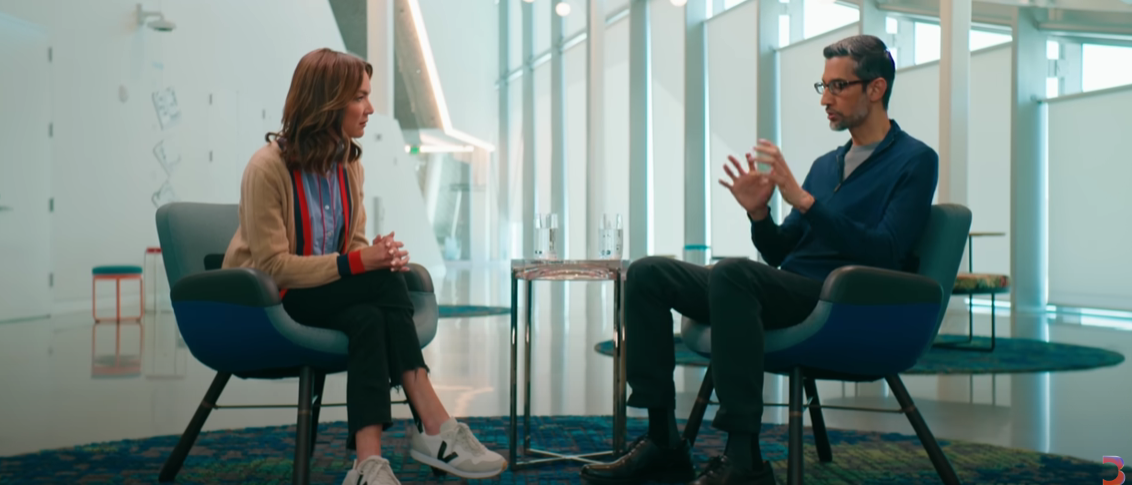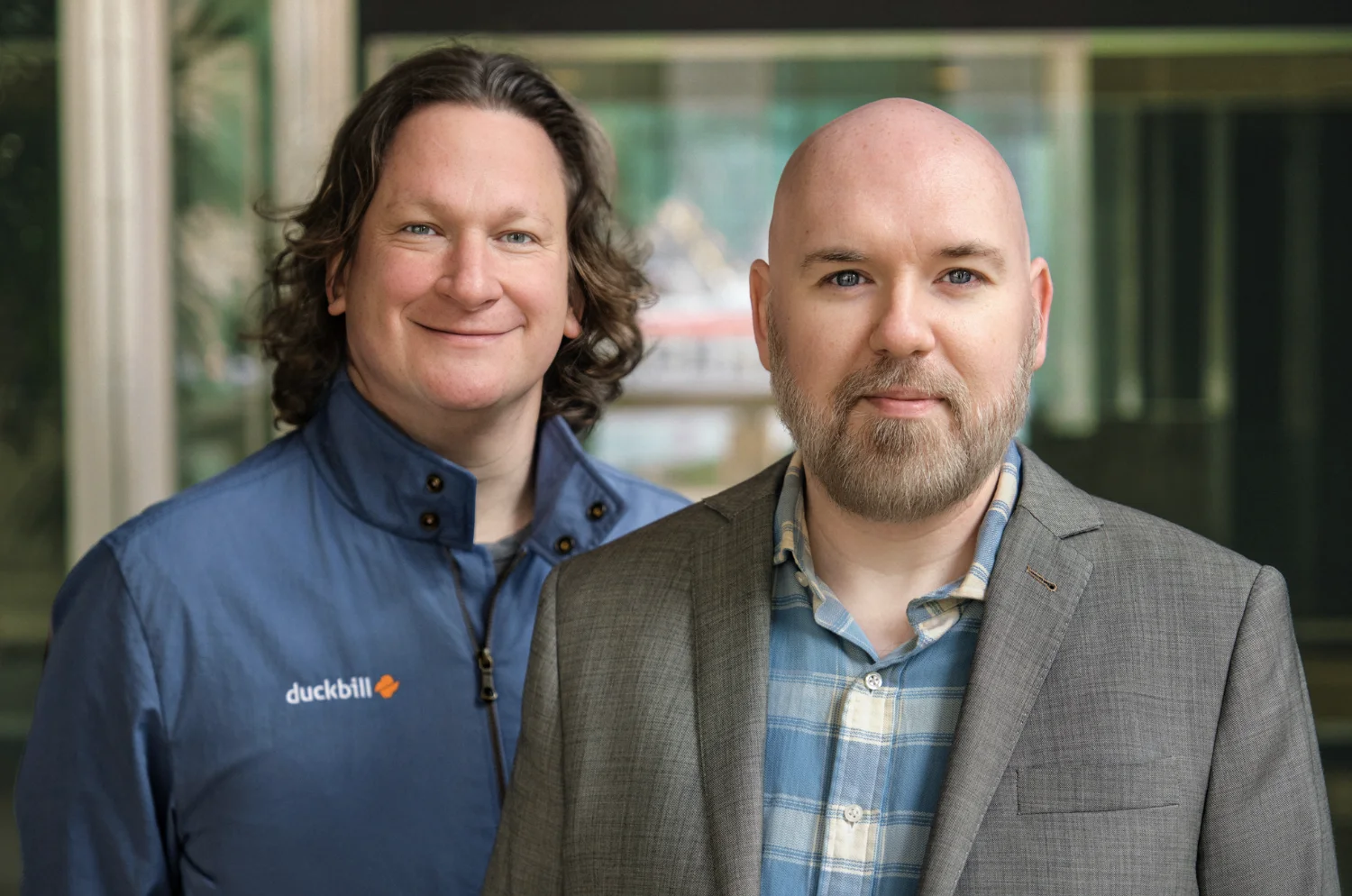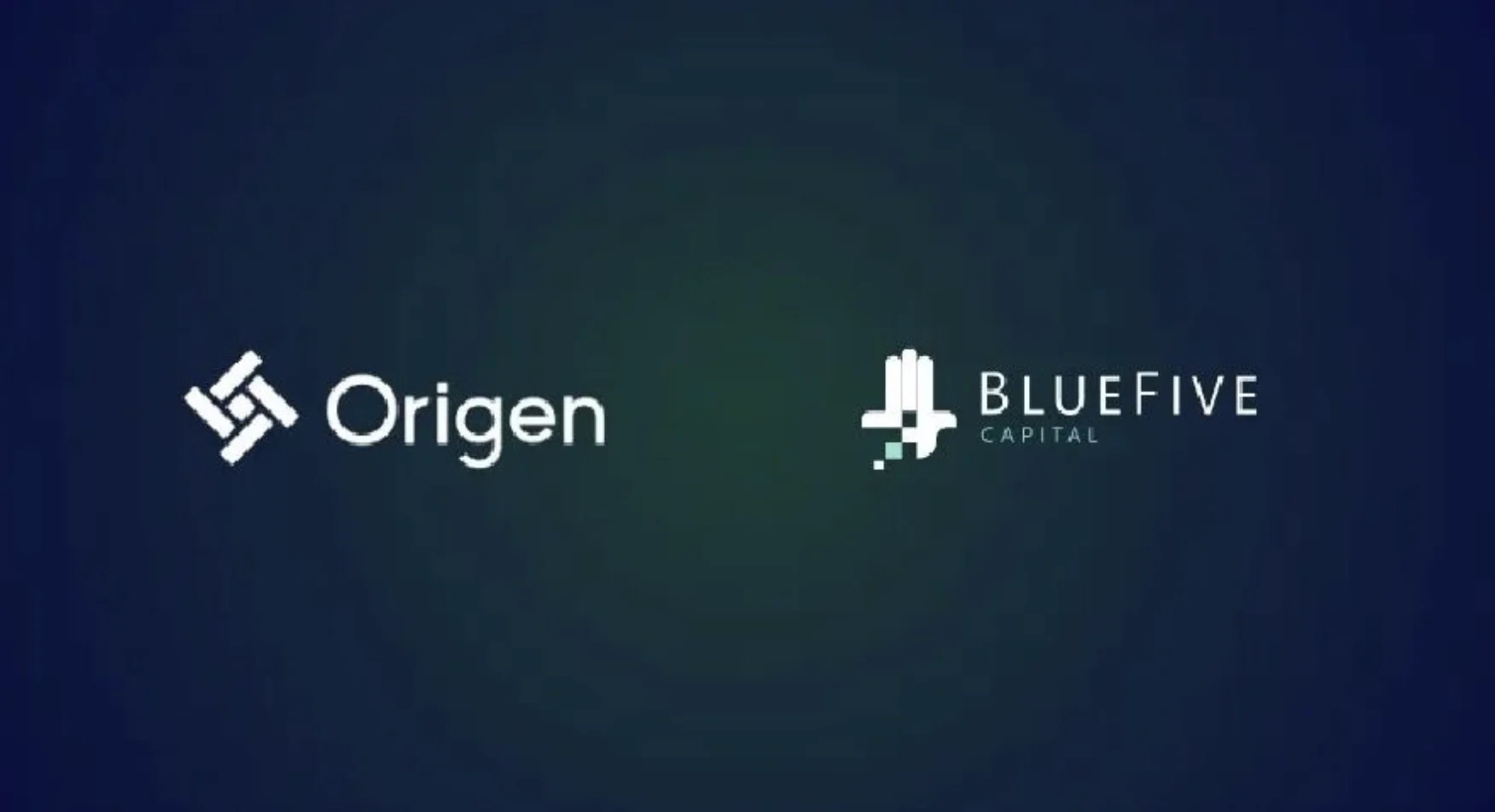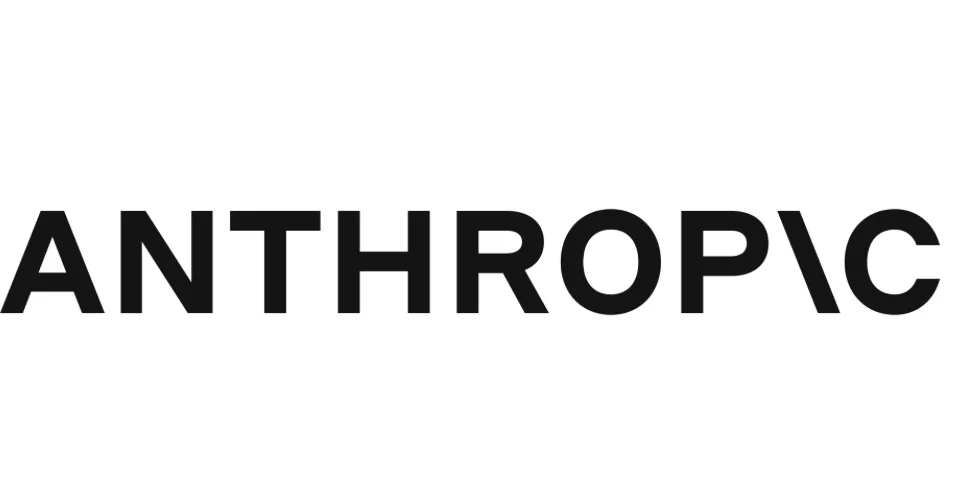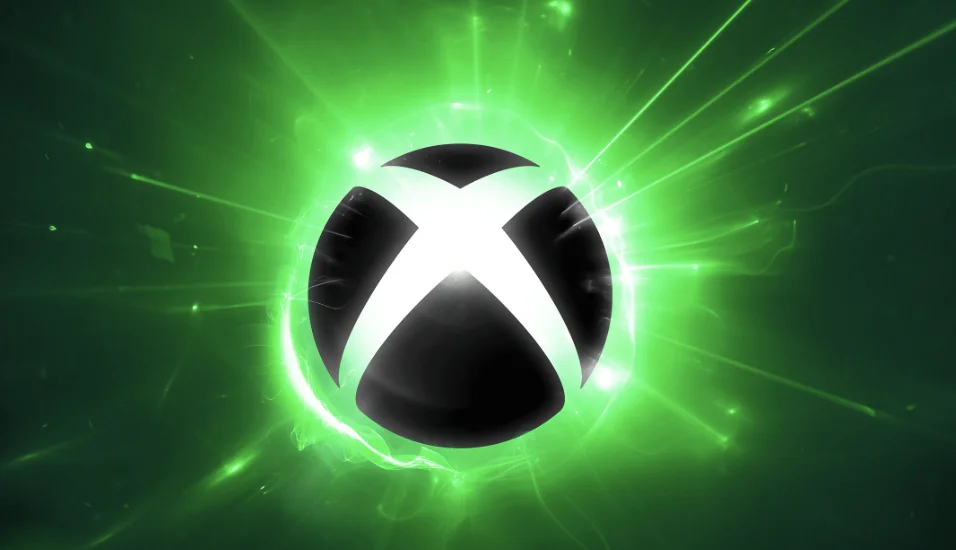The artificial intelligence (AI) frenzy sweeping the tech world took even Google by surprise. The company whose transformative search engine became a verb now finds itself scrambling to maintain its pioneering edge in the AI era. In an exclusive interview with Bloomberg’s Emily Chang, Google and Alphabet CEO Sundar Pichai laid out his vision for the AI-powered future while addressing the seismic shifts underway.
For Pichai, the current AI moment represents just “the earliest possible stages” of a revolution that will redefine how we interact with technology.
“We are in the early stages of that. And so, you know, you’re going to feel that excitement, that frenzy, but I think we are prepared for it,” he said. Despite criticism of being overcautious, the CEO defended Google’s measured approach: “Part of that, at times, involves bringing the company along. You build consensus because that’s what allows you to have maximum impact behind those decisions.”
At the heart of Google’s AI strategy is the overhauled Gemini model, designed to infuse generative AI across its products and services. However, Gemini’s initial image outputs featuring racist and ahistorical depictions sparked backlash. Pichai acknowledged the misstep was unacceptable, albeit arising from “good intentions gone awry” in trying to be inclusive.
“We are rightfully held to a high bar, and I think we clearly take responsibility for it, and we are going to get it right,” he said.
The Gemini rollout also highlighted a bigger challenge — distinguishing AI-generated content from reality in search results.
“The challenge for everyone and the opportunity is, how do you have a notion of what’s objective and real in a world where there’s going to be a lot of synthetic content?” posed Pichai, before adding: “It’s gonna be an ongoing journey, right? You’ve got AI systems that are running out of training data.”
While rivals like Microsoft have poured billions into AI efforts with OpenAI and others, Pichai projected confidence in Google’s technical prowess.
“A lot of the foundation of breakthroughs in the field came from Google,” he said, highlighting how the company’s search transformer models paved the way. However, he acknowledged the industry is still grappling with AI’s limitations: “I would be surprised if LLMs are the only thing we would need to make progress.”
Looking ahead, Pichai mused that today’s cutting-edge AI could quickly appear rudimentary.
“I hope we do [laugh at today’s AI] because that shows, you know, my kids aren’t impressed by touchscreens,” said Pichai. “So similarly, you know, there’s no reason we wouldn’t scale up our computing a hundred thousand times in a few years. So, yes, you know, I hope some of this looks like a toy in the future.”
The AI revolution, for all its frenzied hype, is still taking its baby steps. But under Pichai’s measured leadership, Google is determined to be the one setting the pace through continuous innovation. As he summarized: “I think we are gonna need framework like that. And so I would expect, over time, there needs to be engagement…on important issues like AI safety.” The future remains unwritten, but you can be sure Google will be scripting it.
Featured image: Credit: Bloomberg
